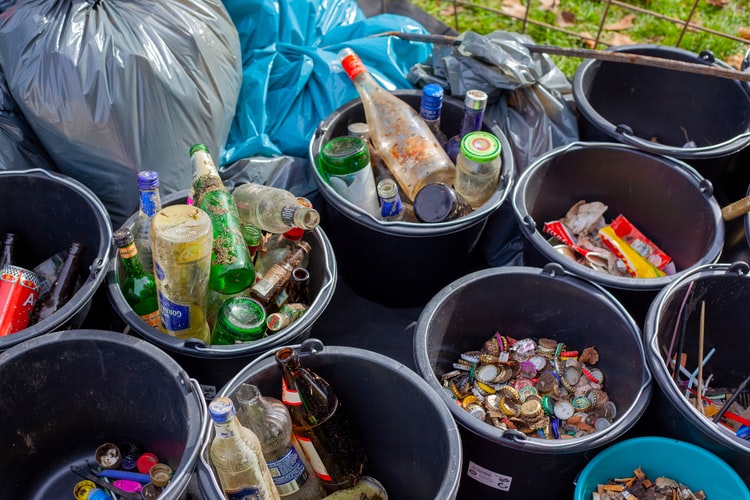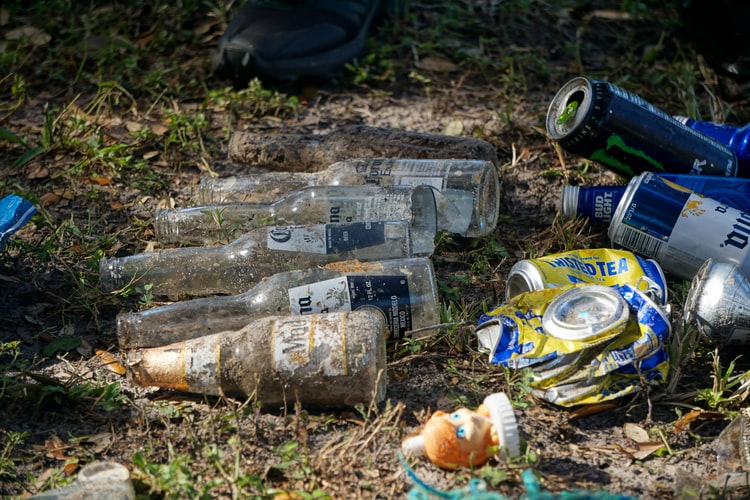 There is no question that litter is a very significant environmental issue, one which is damaging wildlife and our diminishing planet. Littered streets, waste plagued parks and oceans containing spilt materials are some of the scenes as a result of littering. These issues occur due to ignorance, neglectful behaviour and poor waste management.
There is no question that litter is a very significant environmental issue, one which is damaging wildlife and our diminishing planet. Littered streets, waste plagued parks and oceans containing spilt materials are some of the scenes as a result of littering. These issues occur due to ignorance, neglectful behaviour and poor waste management.
It is estimated that as a result of careless behaviour, more than 80% of rubbish that has been littered, has been done so purposefully. Disgruntled individuals rightfully share their disgust with the littering issue, however, their searing anger is often misplaced when the blame lands on littered material or its manufacturer. Instead, the real culprit is the individual that littered in the first place.
A TED-X talk titled ‘Plastic Rehab‘ shared an interesting observation regarding the miss-placed blame, sharing an example of a traffic jam – where no-body would blame the make or model of the car, but blame the driver who caused this. Why isn’t this principle put in practice for litter? People are extremely quick to demonise materials, typically plastic or even calling out manufacturers like Coca-Cola, yet litterers get off scot-free.

At Cromwell Polythene, we believe in working toward a cleaner, more resourceful environment. We don’t tolerate littering, and we are passionate about efficiency. In this year’s GB Spring Clean we looked closely at what items are littered most: GB Spring Clean Litter Picking Results. These findings reconfirm the idea that littering is indiscriminate with no overwhelming bias toward plastic items being littered.
In fact, when assessing the mass of what was collected, glass comprises c.2% of items picked but accounts for >60% of mass collected! As a resource to package drinks when compared to aluminium cans or plastic bottles (kg of litter / Litre of package capacity), glass is 25 x heavier. To the extent that when we buy a bottle of wine, we buy more glass than wine!
To keep the environment cleaner using the minimum amount of resources, we supply recycled polythene sacks. Our sacks hold more waste/recycling than they are worth. Don’t let the media impact your views on plastics, always follow the facts, not the folklore.